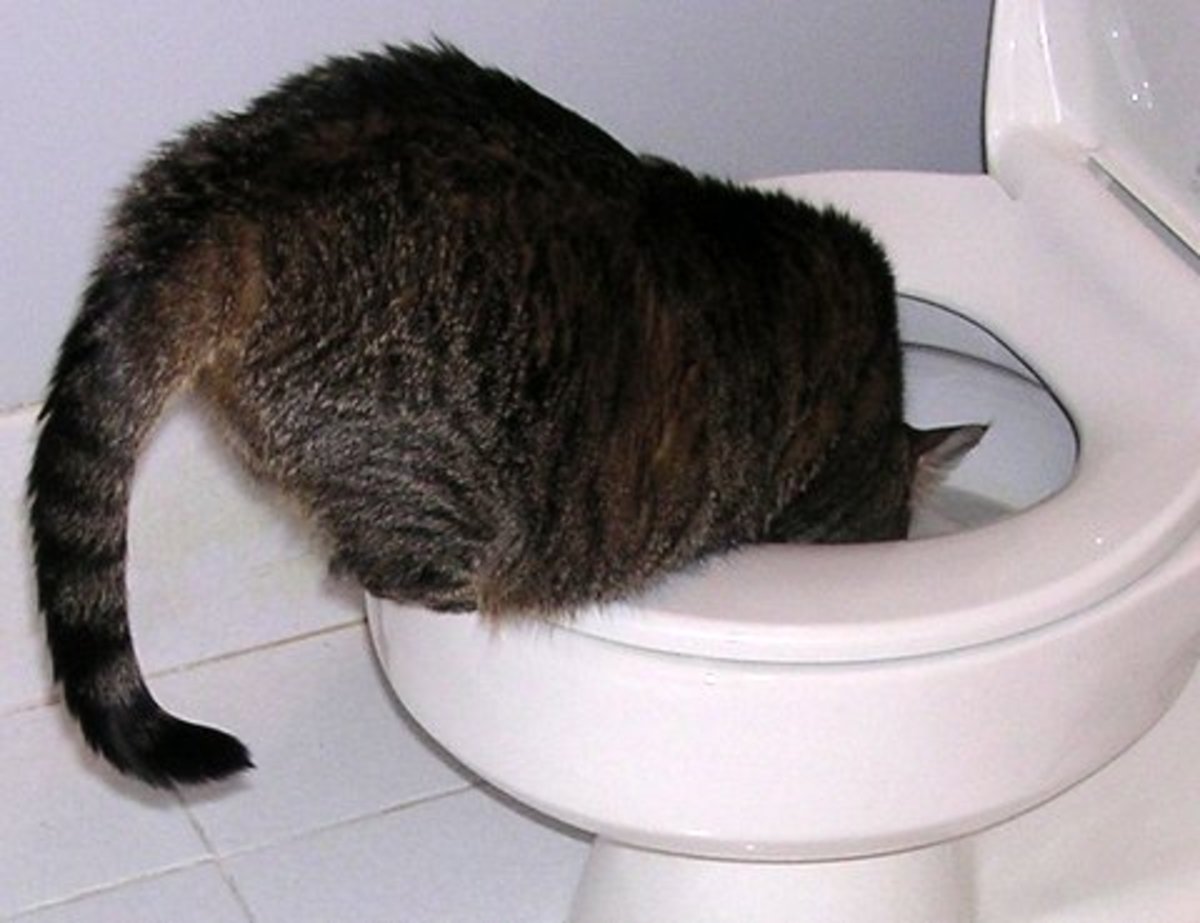The Risks of Disposing Cat Poop in Your Toilet - Precautionary Steps
The Risks of Disposing Cat Poop in Your Toilet - Precautionary Steps
Blog Article
Are you currently looking for help and advice Don’t flush cat feces down the toilet?

Intro
As pet cat proprietors, it's essential to bear in mind just how we deal with our feline buddies' waste. While it may seem convenient to flush pet cat poop down the commode, this technique can have damaging effects for both the setting and human wellness.
Ecological Impact
Flushing cat poop presents harmful virus and bloodsuckers into the water supply, positioning a substantial threat to marine communities. These impurities can adversely impact marine life and compromise water top quality.
Health Risks
In addition to environmental worries, flushing cat waste can also present wellness threats to humans. Cat feces may contain Toxoplasma gondii, a parasite that can trigger toxoplasmosis-- a possibly extreme disease, specifically for expecting women and people with weakened body immune systems.
Alternatives to Flushing
Thankfully, there are safer and a lot more accountable methods to deal with pet cat poop. Take into consideration the following alternatives:
1. Scoop and Dispose in Trash
One of the most typical method of dealing with feline poop is to scoop it right into an eco-friendly bag and toss it in the garbage. Make sure to utilize a dedicated litter inside story and dispose of the waste quickly.
2. Use Biodegradable Litter
Opt for eco-friendly cat litter made from materials such as corn or wheat. These clutters are eco-friendly and can be securely taken care of in the garbage.
3. Hide in the Yard
If you have a lawn, consider hiding cat waste in an assigned area away from vegetable gardens and water sources. Make certain to dig deep enough to prevent contamination of groundwater.
4. Set Up a Pet Waste Disposal System
Buy a family pet garbage disposal system specifically designed for cat waste. These systems use enzymes to break down the waste, lowering odor and ecological effect.
Final thought
Accountable pet dog ownership expands past offering food and sanctuary-- it likewise entails appropriate waste monitoring. By refraining from flushing feline poop down the bathroom and choosing different disposal methods, we can reduce our environmental impact and safeguard human health and wellness.
Why Can’t I Flush Cat Poop?
It Spreads a Parasite
Cats are frequently infected with a parasite called toxoplasma gondii. The parasite causes an infection called toxoplasmosis. It is usually harmless to cats. The parasite only uses cat poop as a host for its eggs. Otherwise, the cat’s immune system usually keeps the infection at low enough levels to maintain its own health. But it does not stop the develop of eggs. These eggs are tiny and surprisingly tough. They may survive for a year before they begin to grow. But that’s the problem.
Our wastewater system is not designed to deal with toxoplasmosis eggs. Instead, most eggs will flush from your toilet into sewers and wastewater management plants. After the sewage is treated for many other harmful things in it, it is typically released into local rivers, lakes, or oceans. Here, the toxoplasmosis eggs can find new hosts, including starfish, crabs, otters, and many other wildlife. For many, this is a significant risk to their health. Toxoplasmosis can also end up infecting water sources that are important for agriculture, which means our deer, pigs, and sheep can get infected too.
Is There Risk to Humans?
There can be a risk to human life from flushing cat poop down the toilet. If you do so, the parasites from your cat’s poop can end up in shellfish, game animals, or livestock. If this meat is then served raw or undercooked, the people who eat it can get sick.
In fact, according to the CDC, 40 million people in the United States are infected with toxoplasma gondii. They get it from exposure to infected seafood, or from some kind of cat poop contamination, like drinking from a stream that is contaminated or touching anything that has come into contact with cat poop. That includes just cleaning a cat litter box.
Most people who get infected with these parasites will not develop any symptoms. However, for pregnant women or for those with compromised immune systems, the parasite can cause severe health problems.
How to Handle Cat Poop
The best way to handle cat poop is actually to clean the box more often. The eggs that the parasite sheds will not become active until one to five days after the cat poops. That means that if you clean daily, you’re much less likely to come into direct contact with infectious eggs.
That said, always dispose of cat poop in the garbage and not down the toilet. Wash your hands before and after you clean the litter box, and bring the bag of poop right outside to your garbage bins.
https://trenchlesssolutionsusa.com/why-cant-i-flush-cat-poop/

We were made aware of that editorial about Can You Flush Cat Poop Down The Toilet? through an associate on our other web property. Enjoyed our post? Please share it. Let others discover it. Many thanks for your time spent reading it.
Book Today! Report this page